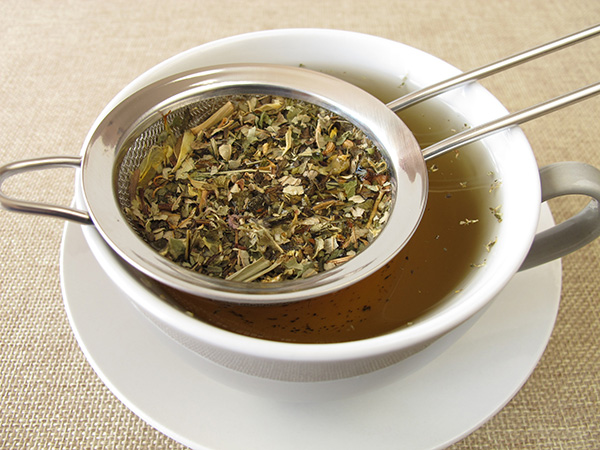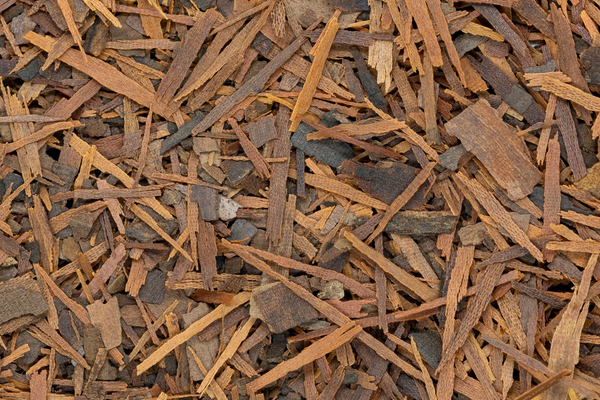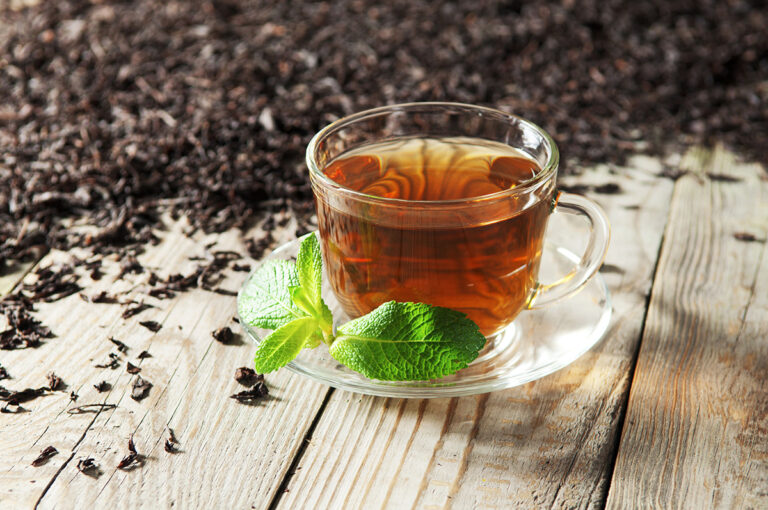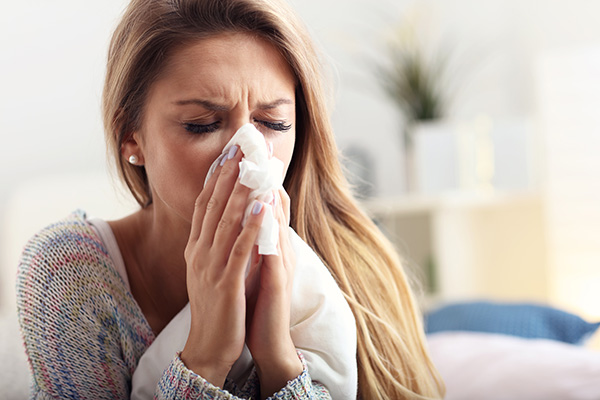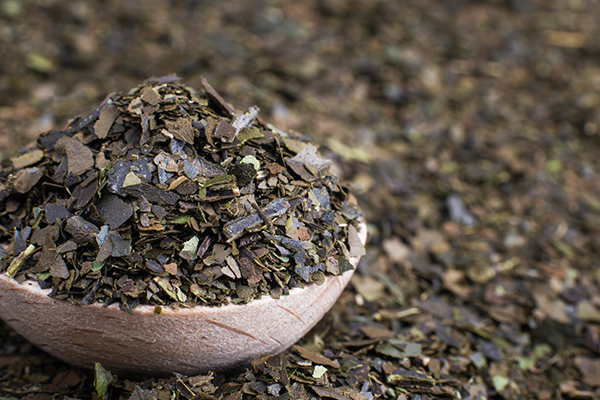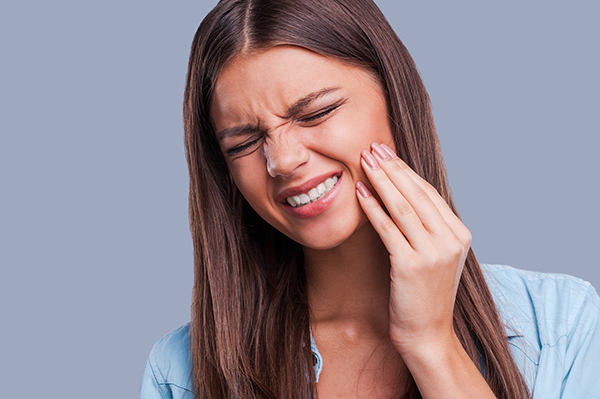What Tea Is Good for Overactive Bladder?
Overactive bladder (OAB) is a common condition that affects millions of people worldwide. With symptoms such as urinary urgency, frequency, and nocturia, OAB can significantly impact an individual’s quality of life.
Traditional treatments for OAB often involve the use of anticholinergic medications, which can cause side effects such as dry mouth, constipation, and changes in blood pressure. As a result, many people are looking for alternative therapies to manage their OAB symptoms.
One such alternative is the use of herbal teas.
In this article, we will explore some herbal teas that may help alleviate OAB symptoms, based on the information from a scientific article on herbal supplements for OAB.
Disclaimer: The information provided in this article is for informational purposes only and should not be construed as medical advice. It is essential for individuals with overactive bladder or any medical condition to consult a qualified healthcare professional before implementing any changes to their treatment plan, including the use of herbal teas.

Gosha-jinki-gan Tea
Gosha-jinki-gan (GJG) is a traditional Chinese blended herbal medicine composed of 10 different herbs. It has been studied in both preclinical and clinical models, showing the potential to reduce OAB symptoms. GJG has been reported to inhibit bladder sensation, leading to the decreased urinary frequency in rats, and has shown significant improvements in International Prostate Symptom Scores (IPSS), quality of life, and daytime frequency in humans (1).
However, it is essential to consult with a healthcare professional before using GJG tea, as some people may experience mild adverse effects such as nausea, diarrhea, or urinary frequency.
Cleavers Tea
Cleavers (Galium aparine) is a plant native to North America that has been traditionally used to treat cystitis. Although no clinical studies have specifically looked at cleavers for OAB, its historical use for urinary tract-related issues suggests that it might have the potential to manage OAB symptoms.
It is crucial to consult with a healthcare professional before using cleavers tea to ensure its safety and appropriateness for your condition.
Cornsilk Tea
Cornsilk (Zea mays) is derived from the female flower of corn and has been used for various health issues, from jaundice to cystitis. Although no clinical studies have been conducted on cornsilk for OAB, its traditional use for urinary tract-related conditions suggests that it may have potential benefits for OAB sufferers.
Buchu Tea
Buchu (Agathosma betulina) is a plant native to South Africa and has long been used in traditional medicine to treat urinary tract infections and inflammation. While there are no clinical studies specifically examining the effects of buchu tea on OAB, its historical use for urinary issues suggests potential benefits.
Horsetail Tea
Horsetail (Equisetum arvense) is a plant that has been used in traditional medicine for its diuretic properties, which may help alleviate some OAB symptoms by reducing fluid retention. While no clinical studies have examined horsetail tea’s effects on OAB specifically, its diuretic properties suggest that it may be helpful in managing some symptoms.
It is important to note that excessive use of horsetail tea may lead to electrolyte imbalances and other side effects, so it is crucial to consult with a healthcare professional before incorporating it into your routine.
Ganoderma Lucidum Tea
Ganoderma lucidum, also known as reishi mushroom, is a medicinal fungus that has been used in traditional Chinese medicine for centuries. Although there are no clinical studies specifically investigating the effects of ganoderma lucidum tea on OAB, it is believed to have anti-inflammatory and immune-modulating properties, which may contribute to improving urinary tract health.
Conclusion
Herbal teas such as Gosha-jinki-gan, cleavers, cornsilk, buchu, horsetail, and ganoderma lucidum may offer potential benefits for individuals with overactive bladder. While the evidence supporting the use of these teas for OAB is mostly anecdotal or based on traditional usage, some people may find them helpful in managing their symptoms.
It is essential to consult with a healthcare professional before using any herbal tea as a treatment for OAB, as individual responses to herbs may vary, and some may interact with other medications or cause adverse effects.
Additionally, herbal teas should not replace conventional treatments but rather be considered as complementary options to be used in conjunction with a healthcare provider’s guidance.

